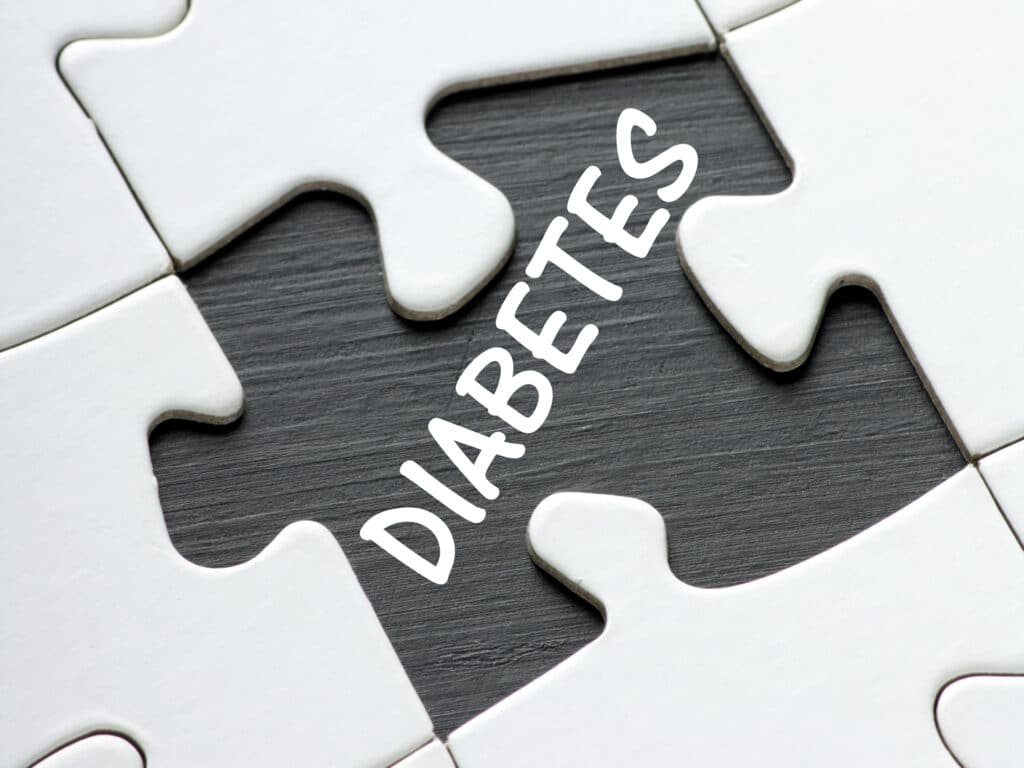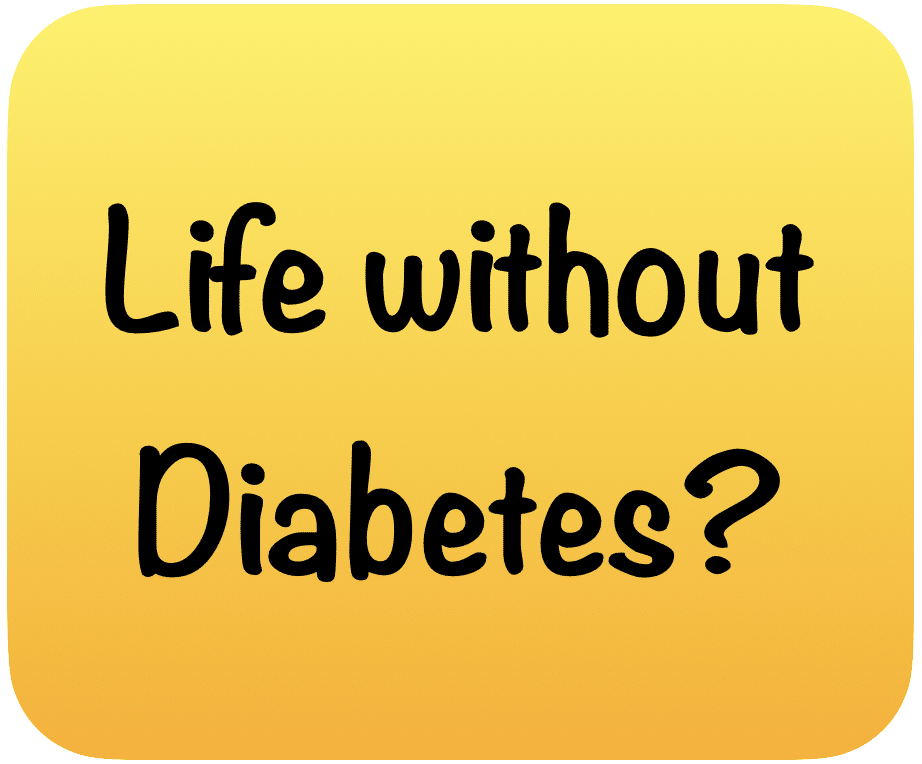Diabetes: Type 1
Home » Chronic Illness » Diabetes: Type 1
Can type 1 diabetes, also known as insulin dependant diabetes be cured? Good question! Apparently not. Though there are some indications that a pancreas transplant could do the trick, and it appears to have been successful at least once. But by and large, diabetes in both its forms; Type 1 and type 2 seems to be incurable.
Interestingly, type 2 diabetes usually effects people over the age of 45, though in recent years, more and more younger people are being diagnosed with it. Type 1 diabetes can strike at any age, though it seems to occur more frequently between the ages of 4 and 7, followed by another peak between 10 and 14.
Type 1 diabetes occurs when the body is no longer able to produce insulin… but what causes the body to suddenly stop producing insulin? Why does the pancreas seem to fail more frequently between the ages of 4 and 7, and then between the ages of 10 and 14? But it can mysteriously stop producing insulin at any age… Why? What causes it? Science has no answer to this question; they have speculated that it is an auto-immune ‘reaction’… The immune system suddenly stops defending the body and starts attacking the body; specifically the cells in the pancreas that produce insulin. They know it happens. They can treat it with insulin. But they cannot cure it!


What if… this might seem like a stretch… but what if the ‘auto-immune reaction’ that resulted in the body stopping production of insulin, was actually caused by the emotional ‘reaction’ of a forgotten memory stored in the unconscious mind? If you could identify that memory and remove the emotional reaction from the unconscious mind? Hmmm… what might the outcome of that be?
Based on the hypothesis this study is attempting to either prove or disprove, without the unconscious emotions causing the ‘auto-immune reaction’ the pancreas would be free to once again produce insulin, and therefore insulin injections would no longer be required: A conscious and deliberately induced remission from type 1 diabetes. (Nothing Spontaneous about it!) Is this possible? There’s only one way to find out.



